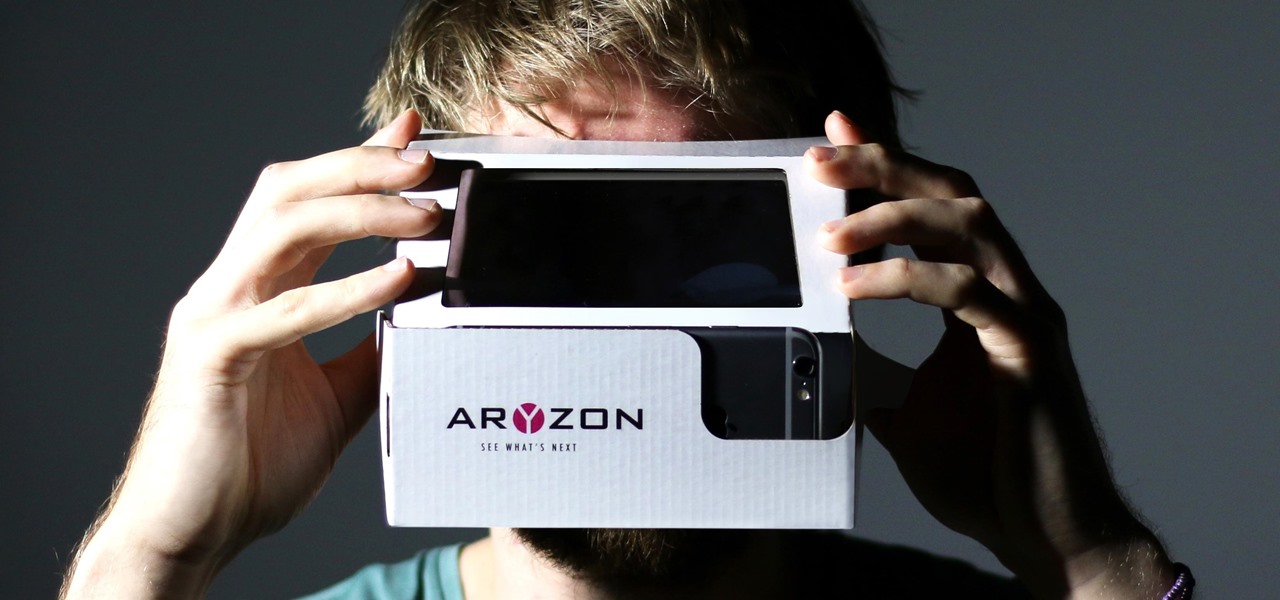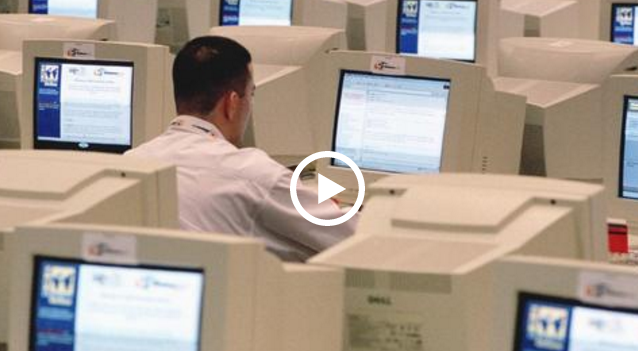It is often said and written that empaths are very intuitive people, and this is true for some, but there is nothing that says an empath must be intuitive, or that an intuitive must possess great empathy.
While the words are seen as interchangeable by some or intrinsically linked by others, it is very much the case that not all empaths are intuitives and not all intuitives are empaths.
In fact, the two abilities – empathy and intuition – are quite different in one important respect.
Empathy is, very generally speaking, the ability to sense and feel the emotions and energy of other people and your surroundings. It is almost entirely outward facing and concerned with things other than oneself.
Intuition, on the other hand, involves turning inward and consulting your unconscious mind and ‘gut feelings’ to assess and understand a situation. It certainly relies upon absorbing and processing the world around you, but the final element is very much internal.
Thus, the assumption that people endowed with highly levels of empathy are equally as blessed with intuition is misguided. They are distinct aspects of one’s personality and should not be merged into a single trait.
With this in mind, how can you be sure whether you are an intuitive empath, or some other type of empath? What marks one apart from the other?
Here are 4 signs that you are an empath with a high degree of intuition.
1. You Can Tell The Difference Between Your Feelings And Those Of Others
One of the major struggles facing many empaths is the assimilation of other people’s feelings into their own mind and body. The energy they absorb merges with their own and pollutes their inner river. They often become like those around them because they cannot tell what’s theirs and what’s not.
For instance, if they encounter angry people, they grow angrier; if they meet an anxious person, this feeds their own anxieties; and if they come across sadness in others, they become sad themselves.
It’s very different for an intuitive empath. They are so in-tune with their inner state that they are able to easily differentiate between it and anything they might soak up from their surroundings.
They are less influenced by the emotions of others. While they can still recognize and feel these emotions, the impact upon their own mental state is less noticeable than it is for other empaths.
They are better at creating a permeable, but controllable, barrier between their own feelings and those of others. They are able to let the two merge should they wish, but they can also keep them separate for the most part.
2. You Can See Beyond Feelings To The Reasons For Them
While empathy allows you to detect and embody the feelings of others, it cannot, by itself, tell you why they are feeling that way.
For non-intuitive types of empaths, this can be a source of great confusion because they end up feeling something that they can’t fully understand or explain.
One of the traits of an intuitive individual, however, is the ability to take a step back and view things from a broad perspective, and this allows them to identify the links – both direct and indirect – between cause and effect.
Intuitive empaths spot things that other empaths don’t; they let their unconscious reflect on what they see, and it provides them with insight into why a person may be feeling they way they are.
They don’t necessarily do this with any conscious intent; it is simply a natural instinct and skill that comes from having both empathy and intuition in abundance.
Sometimes an intuitive empath may even have a better understanding of a person’s feelings than the person does themselves. This is a major reason for the next sign.













































